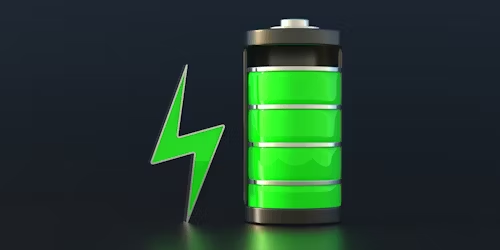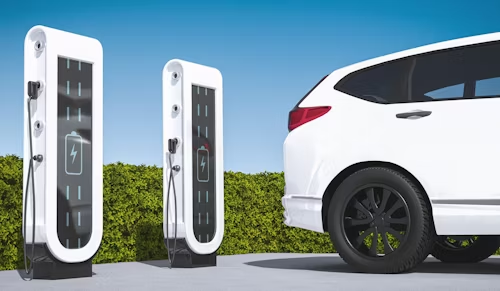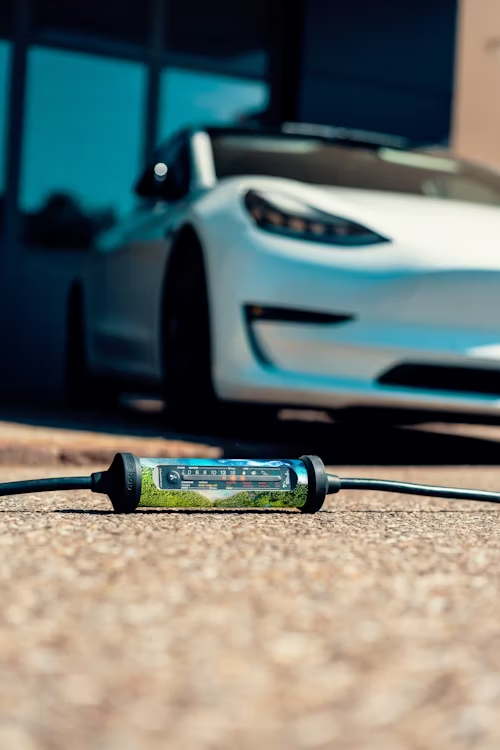1. Introduction
Why Car Batteries Matter
Your automobile’s electrical system and engine are powered by car batteries. Your car won’t start or move if the battery is unhealthy.
Importance of Knowing Battery Lifespan and Replacement Signs
All drivers must learn about the life of batteries and how to determine whether they are due for replacement. This will prevent breakdowns and repairs.
What You’ll Learn in This Article
This article breaks down car battery life, the variables that influence battery life, and important signs that tell you when to replace your battery.
2. Understanding Car Battery Lifespan
Average Lifespan of Car Batteries
The average life of most automobile batteries is 3 to 5 years. Lead-acid batteries have an average lifespan of 3 to 4 years, while AGM batteries would last between 4 to 5 years.
Different Types of Car Batteries
Different models of vehicles utilize varying kinds of batteries: lead-acid, AGM (Absorbent Glass Mat), and lithium-ion for electric cars. They have varying performance and lifespan.
Battery Life in Gas vs. Electric Vehicles
Gasoline vehicles commonly employ lead-acid or AGM batteries, whereas electric vehicles employ lithium-ion batteries, lasting longer for around 8 to 10 years or more.
3. Key Factors That Influence Car Battery Life
Climate and Temperature
Hot temperatures cause battery fluids to evaporate more quickly, reducing battery life. Cold temperatures reduce battery capacity and starting capability.
Driving Habits and Frequency
Short drives won’t allow the battery time to be fully charged, wearing it out earlier. Driving more keeps the battery charged.
Electrical System Health and Usage
Use of accessories like lighting, air conditioning, or a sound system consumes more of the battery. Good electrical system eliminates excessive load.
Maintenance Practices
Clean battery terminals periodically and check voltage to ensure maximum performance and prevent corrosion-related issues.
Age and Manufacturing Quality
Old batteries depreciate. Better-quality batteries will perform better, last longer, and withstand stress.
4. Common Signs You Need to Replace Your Car Battery
Slow Engine Crank or Starting Problems
If the engine turns over very slowly, or will not turn over at all, your battery is dead or dying.
Dim Headlights and Electrical Issues
Dimming low-beam headlights and flashing dashboard lights most commonly indicate a low battery condition.
Warning Lights on the Dashboard
Battery warning lights or alternator warning lights for charging system faults and impending battery death.
Corrosion or Leakage Around Battery Terminals
Leaks or corrosion accumulate on open wires on battery terminals may disrupt the passage of electrical current and ruin the battery.
Swollen or Bloated Battery Case
An expanding battery case typically indicates internal damage or overheating, and a replacement battery is needed immediately.
Battery Age
3 to 5 years old, batteries are older and lose their efficiency and thus should be tested on every occasion.
5. How to Maintain Your Car Battery for Longer Life
Regular Inspection and Cleaning
Ensure that battery contacts are clean and free of corrosion to promote optimal electrical connection.
Proper Charging Techniques
Do not charge or put it into the fire or water. If necessary, use a high quality charger to charge your device battery.
Avoid Short Trips
Try to run longer distances every now and then to allow the battery to completely recharge and maintain full charge levels.
Proper Vehicle Storage
If you don’t use your car for a long period, remove the battery or use the services of a trickle charger to keep the charge.
6. When and How to Replace Your Car Battery
Recommended Replacement Intervals
Replace your battery 3 to 5 years or earlier if you experience symptoms of failure.
Choosing the Right Replacement Battery
Select a battery with the same size as your vehicle, same capacity, and same terminal type.
Professional vs. DIY Replacement
Consider having it professionally installed for safety and warranty purposes. If you’re replacing the battery yourself, be sure to follow all safety precautions.
7. Conclusion
Recap of Key Points
Car batteries usually last for 3 to 5 years, but this also depends on many factors like climate, usage, and service. Look for signs of battery failure to avoid breakdown.
Importance of Timely Replacement
Changing your battery on schedule keeps your vehicle in working condition and prevents messy surprises.
Encourage Regular Maintenance
Maintenance and regular checks can prolong battery life and save you money in the long term. Take the initiative to maintain your car in good condition.




